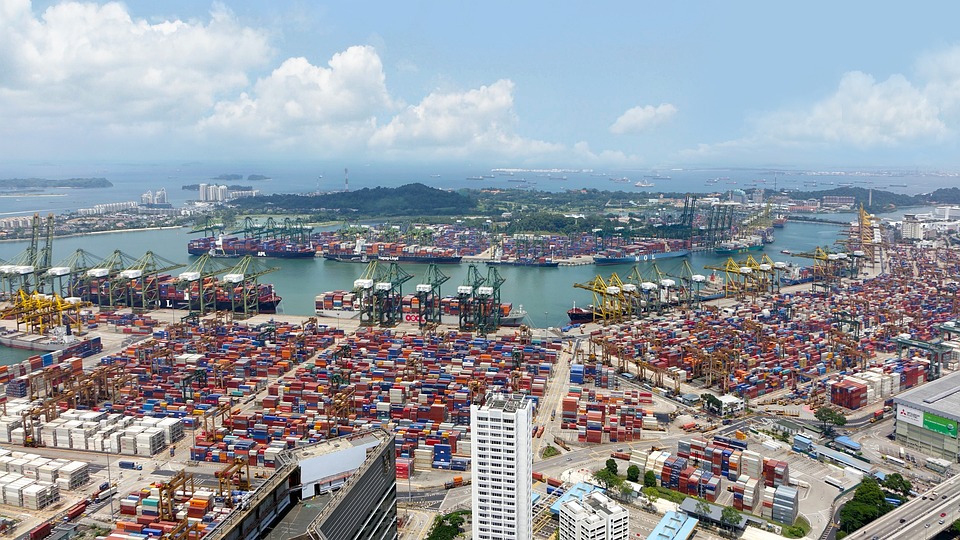
I. to enterExport agentWhat services do companies actually provide?
Professional import/export agency services far exceed basiccustoms clearancebusiness. By 2025, industry standards have formed three core modules:
- Trade compliance system: Includes HS code intelligent classification, origin certification, AEO qualification maintenance
- Supply Chain Finance: Includes letter of credit financing,Export tax refundadvance payment, and exchange rate risk hedging solutions
- Digital customs system: ERP system integrated with Single Window, cross-border logistics tracking platform, compliance risk alerts
II. How to identify professional agencies vs. shell companies?
According to the latest 2025 public data from the General Administration of Customs, there are over 80,000 registered import/export agency enterprises nationwide. It is recommended to screen from four dimensions:
- Qualification verification: Check customs AEO certification, SAFE registration, electronic port IC card
- Business depth:
- Special category operation experience (e.g., medical devices requiring NMPA filing)
- Local team configuration at major ports
- Risk Control: Require annual compliance audit reports
- Technical capacity: Check proof of integration with General Administration of Customs data interface
III. What are the hidden tricks in import/export agency fees?
2025 industry fee standards show significant differentiation, requiring special attention:
- Basic Service Costs: Typically charged at 0.8%-1.5% of cargo value, but included value-added services vary greatly
- Cost of funding: Interest calculation method for advance tax refund (recommend choosing T+3 interest-free period)
- Additional terms:
- Inspection emergency handling fee (reasonable range 2000-5000 yuan/instance)
- Document modification fee (should be waived after 3 times)
IV. How should small and medium-sized enterprises choose agency models?
According to the 2025 Ministry of Commerce Foreign Trade White Paper recommendations:
- StartupsPrioritize the "full hosting" model that provides foreign trade training.
- Growth-stage enterprisesIt is recommended to adopt a "risk-sharing" profit-sharing model.
- Mature enterprises: Can customize dedicated customs middle-office systems to reduce comprehensive costs
Typical case: A cross-border e-commerce enterprise optimized supply chain layout through RCEP origin accumulation rules with agency help, reducing comprehensive tariffs from 9.7% to 3.2%
V. How to evaluate agency company capabilities in the digital era?
2025 industry presents three technical evaluation standards:
- intelligent customs clearance system: Automated customs declaration form accuracy should reach over 98%
- Blockchain application: Must have cross-border electronic document chaining capability
- Big data alerts: Customs parameter database update response time should not exceed 24 hours
VI. How to avoid hidden risks in import/export agency?
Based on 2023-2024 typical litigation cases, it is recommended to focus on preventing:
- Contract loopholesClearly stipulate the ownership of property rights for the "dual-header" customs declaration form.
- Misappropriation of qualifications: Require the agency company to provide credit reports of the actual controlling party
- Security of funds: Verify the setup of bank regulatory accounts for foreign exchange receipts and payments
Special reminder: The Customs Credit Management Measures implemented from 2025 will adjust corporate credit ratings from 5 levels to 7 levels. When selecting an agent, confirm their client credit maintenance capability


 Follow Customer Service WeChat
Follow Customer Service WeChat